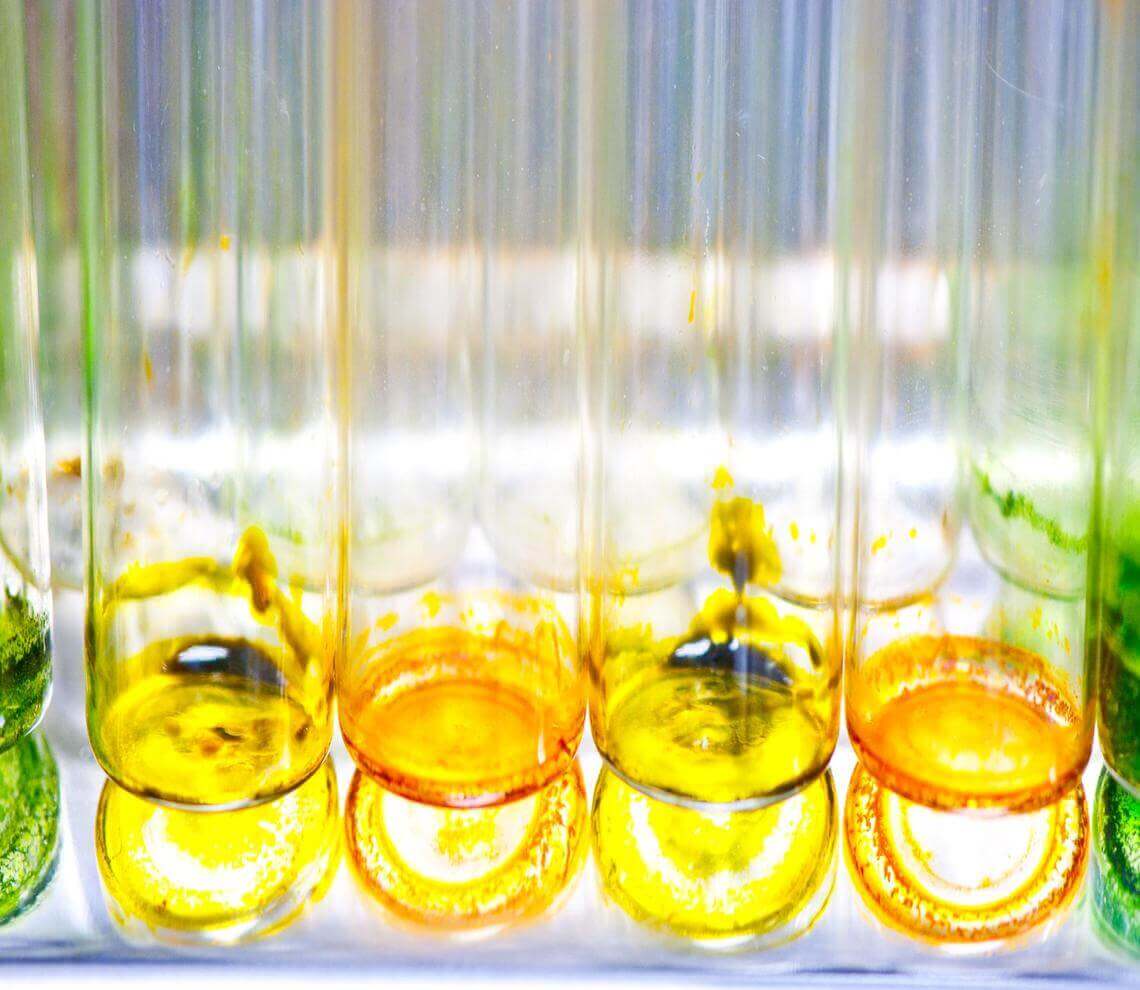- Our Suppliers
- MBS Monoclonals
- MOUSE Anti-HUMAN CD41/CD61 Antibody
Product short description
Price:
956 EUR
Size:
500ul
Catalog no.:
GEN211597
Product detailed description
Gene name synonims
N/A
Purification method
N/A
Immunoglobulin isotype
IgG1
Clone
A10-33/1
French translation
anticorps
Gene name
CD41/CD61
Also known as
CD41/CD61
Clonality
Monoclonal
Category
Antibodies
Latin name
Mus musculus
Host organism
Mouse (Mus musculus)
Subcategory
Mnoclonal antibodies
Form/Appearance
Purified (Purified IgG - lyophilised)
Tested applications:
Immunohistology - Frozen (IHC), Western Blot (WB)
Concentration
IgG concentration 0.12 mg/ml after reconstitution.
Other gene names
ITGB3; ITGB3; GT; CD61; GP3A; BDPLT2; GPIIIa; GP3A; GPIIIa
Description
This antibody needs to be stored at + 4°C in a fridge short term in a concentrated dilution. Freeze thaw will destroy a percentage in every cycle and should be avoided.
Other names
integrin beta-3; Integrin beta-3; integrin beta-3; platelet membrane glycoprotein IIIa; integrin, beta 3 (platelet glycoprotein IIIa, antigen CD61); Platelet membrane glycoprotein IIIa
Species reactivity
Human (Homo sapiens); Due to limited knowledge and inability for testing each and every species, the reactivity of the antibody may extend to other species which are not listed hereby.
Test
MBS Monoclonals supplies antibodies that are for research of human proteins.Mouse or mice from the Mus musculus species are used for production of mouse monoclonal antibodies or mabs and as research model for humans in your lab. Mouse are mature after 40 days for females and 55 days for males. The female mice are pregnant only 20 days and can give birth to 10 litters of 6-8 mice a year. Transgenic, knock-out, congenic and inbread strains are known for C57BL/6, A/J, BALB/c, SCID while the CD-1 is outbred as strain.
Properties
If you buy Antibodies supplied by MBS Monoclonals they should be stored frozen at - 24°C for long term storage and for short term at + 5°C.Human proteins, cDNA and human recombinants are used in human reactive ELISA kits and to produce anti-human mono and polyclonal antibodies. Modern humans (Homo sapiens, primarily ssp. Homo sapiens sapiens). Depending on the epitopes used human ELISA kits can be cross reactive to many other species. Mainly analyzed are human serum, plasma, urine, saliva, human cell culture supernatants and biological samples.
Specificity and cross-reactivity
CD41/CD61 Clone A10-33/1 recognizes endothelial cells in various cultures and organs (including lung, liver, gall bladder and skin). It is generally reactive with melanoma, including metastasizing melanomas and in carcinomas. It reacts strongly with purified GPIIb-IIIa which is expressed on platelets but not endothelial cells. Cross reactivity with nervous tissue has also been reported.; Since it is not possible to test each and every species our knowledge on the corss reactivity of the antibodies is limited. This particular antibody might cross react with speacies outside of the listed ones.
Storage and shipping
Prior to reconstitution Keep the antibody refrigerated at +4 degrees Celsius. Temperature variations in the range between +1C to +7C are tolerable. After reconstitution Store the antibody at +4 degrees Celsius for short-term storage and at -20 degrees Celsius for long-term.Storage in frost-free freezers is not recommended. the antibody should be stored undiluted. Repeated freeze - thaw cycles may denature the peptide chains of the antibody and therefore should be maximally avoided. If there is a precipitate in the vial we recommend you to briefly microcentrifugate it prior to use. Shelf Life: 12 months from date of reconstitution.
© Copyright 2016-Tech News . Design by: uiCookies

